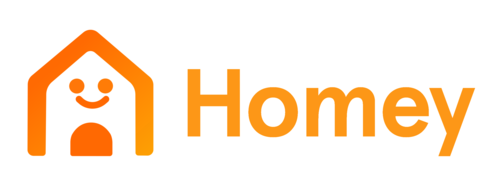NYC Housing Lottery and Disability: What You Need to Know
If you’re a New Yorker living with a disability and searching for affordable housing, the NYC Housing Lottery can offer real opportunities — but the process can be confusing.
Here’s a straightforward guide to disability set-aside units and reasonable accommodation.
 Mobility set-aside notice in Housing Connect
Mobility set-aside notice in Housing Connect
Disability Set-Aside Units
What are Disability Set-Aside Units?
A percentage of affordable units is set aside in all housing lotteries for people with disabilities, so called disability set-aside units:
- 5% of units are reserved for those with mobility disabilities (such as difficulty walking or using a wheelchair)
- 2% of units are set aside for those with vision or hearing disabilities
Importantly, you don’t need to apply separately for these units. When filling out your Housing Connect profile, simply indicate your disability status — and the system will flag you for set-aside opportunities when they come up.
How to Apply for Set-Aside Units?
To qualify for a disability set-aside unit, you’ll need to:
- Check the box in your Housing Connect profile indicating a mobility, hearing, or vision disability.
- Submit third-party verification — this means a form signed by a medical professional confirming your disability.
You won’t need to submit medical documentation when you first apply. You’ll be asked to provide it later — but only if your lottery number is selected and you’re moving forward in the process. You can find the form here.
Reasonable Accommodation
What is Reasonable Accommodation?
If you have a disability, you have the right to ask for changes in how the housing process works — so that you can apply for and live in affordable housing just like anyone else. This is mandated by federal laws such as the Fair Housing Act and Section 504 of the Rehabilitation Act.
These changes are called reasonable accommodations. In the context of NYC Housing Connect and affordable housing lotteries, reasonable accommodations can include:
- Extended Time for Documentation: Providing additional time to submit required documents during the application process.
- Alternative Communication Methods: Offering in-person appointments or providing information in accessible formats (e.g., large print, Braille, electronic formats).
- Physical Modifications: Making necessary alterations to units or common areas, such as installing grab bars or ramps.
- Support Animals: Permitting service or emotional support animals in buildings with no-pet policies.
How to Ask for Reasonable Accommodation
You can request an accommodation at any time — when you’re applying, during interviews, or even after you move in.
- While applying you will be asked what sort of reasonable accomodation you need, after checking the box in your Housing Connect profile indicating a mobility, hearing, or vision disability.
- While going through the verification process you can ask the marketing agent employee you’re in contact with.
If you’re not sure whether something counts as a reasonable accommodation, ask! There’s no harm in making a request.
Usually, you’ll just need to explain what you need and why it helps. In some cases, you might be asked for a note from a doctor or specialist.
Final Thoughts
NYC’s affordable housing system includes important protections and opportunities for people with disabilities.
By understanding how Disability Set-Asides and Reasonable Accommodation work and knowing what’s expected, you’ll be in a stronger position when the right housing opportunity comes along.
Apply in minutes
We’ll handle the rest.

Create your profile once

We automatically apply to eligible lotteries

Get notified if you’re selected
